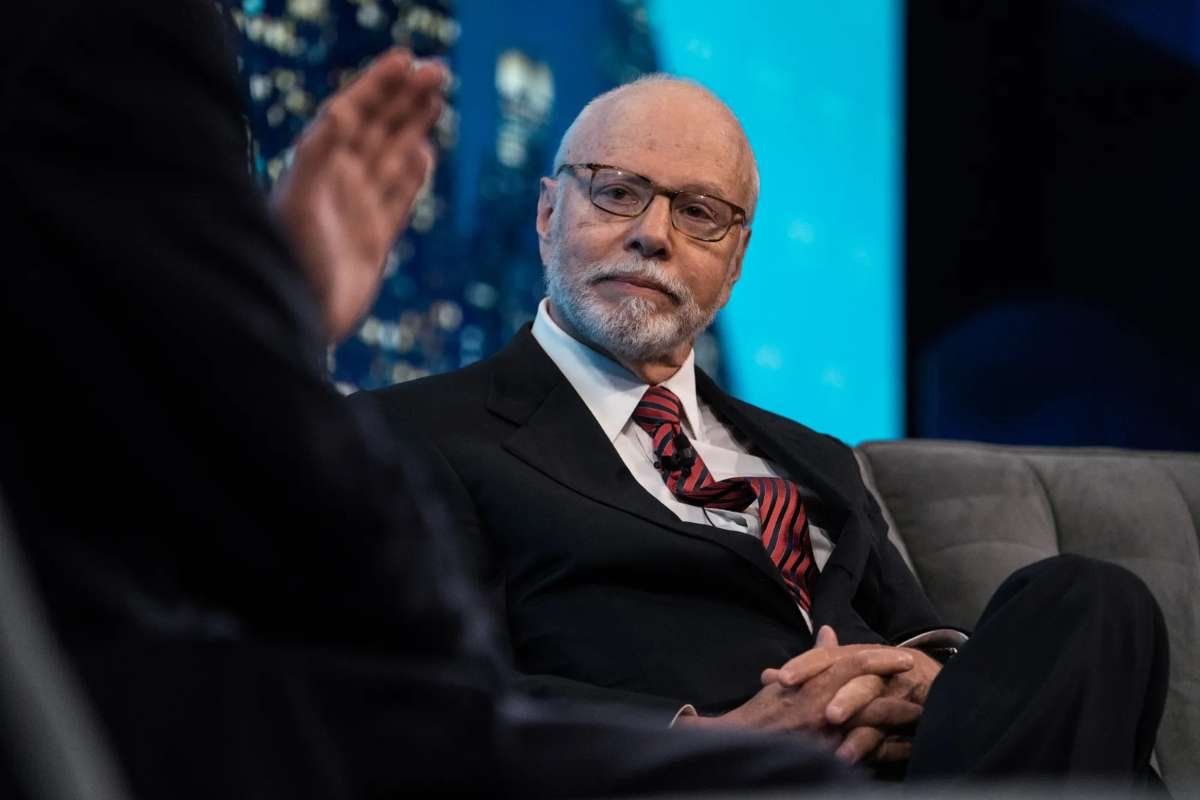From Autonomy to Centralized Power
Gordon Singer, head of Elliott Management’s London office and son of billionaire founder Paul Singer, has emerged as a pivotal figure in the firm’s new centralized structure. Following the departure of Nabeel Bhanji, a rising star partner, Singer is now the sole partner based abroad among the firm’s 14 partners. Despite reduced autonomy over his satellite office and fewer direct reports, his influence within Elliott has grown significantly.
The shift comes in the wake of Elliott’s structural transformation, guided by consulting firm Bain, to institutionalize its operations. A new investment committee now oversees all trades, centralizing decision-making. Seven insiders revealed that Gordon Singer’s voice on this committee is one of the most influential, second only to his father and co-CEO Jonathan Pollock.
Described as a blunt but loyal leader, the 50-year-old UK head has evolved into a well-rounded investor. This evolution coincides with Elliott’s growth into a more structured global powerhouse, delivering a 9.2% annualized return over the past three years. The reorganization has amplified the importance of internal standing, positioning Singer as a key decision-maker.
The London Office Transformation
Under Gordon Singer’s leadership, Elliott’s London office once operated with considerable autonomy, handling up to $7 billion in capital and executing trades with Singer’s direct approval. Former employees likened the office to a “self-run hedge fund,” fostering a tight-knit team culture. However, this autonomy often limited the London team’s involvement in Elliott’s larger U.S.-focused activist campaigns.
The structural overhaul, initiated during the pandemic, has shifted focus. London-based investors are now pushed toward larger, global opportunities, aligning with the firm’s strategy. High-profile campaigns such as the $1 billion stake in British mining giant Anglo American exemplify this shift.
While the changes have bolstered Elliott’s profitability—2024 being the most profitable year for its London outpost—some tenured staff have departed. Notable exits include head trader James Bayliss, portfolio managers Mark Levine and Mark Wills, and most recently, Nabeel Bhanji, who joined Ken Griffin’s Citadel. Despite these departures, Elliott’s London office has grown to an all-time high of 130 staff, now housing personnel overseeing Asia following the closure of offices in Hong Kong and Tokyo.
Gordon Singer’s Growing Legacy
Despite restructuring challenges, Gordon Singer’s leadership continues to gain recognition within and beyond Elliott. He has taken a more prominent role in investor relations and committee meetings, where his insights hold significant weight. Former colleagues recall his direct management style, which, while sometimes abrasive, was balanced by his loyalty to his team.
The London office’s shift to a more integrated global model has brought substantial success. With five London-managed positions exceeding $2 billion each, the office has played a crucial role in driving Elliott’s global strategy. While some portfolio managers now report to U.S.-based sector leaders, Singer remains a key figure in the firm’s risk management and international initiatives.
As Elliott evolves, Gordon Singer’s role highlights the firm’s ability to adapt to a changing investment landscape. His rising profile within the $70 billion firm underscores the importance of strong leadership during periods of transformation, securing his place as a central figure in Elliott’s future.










